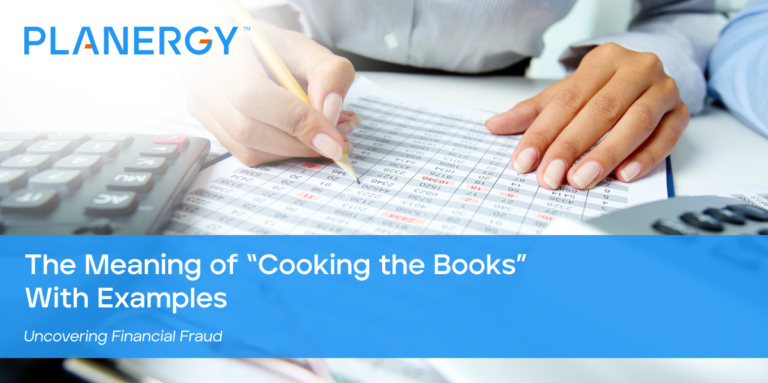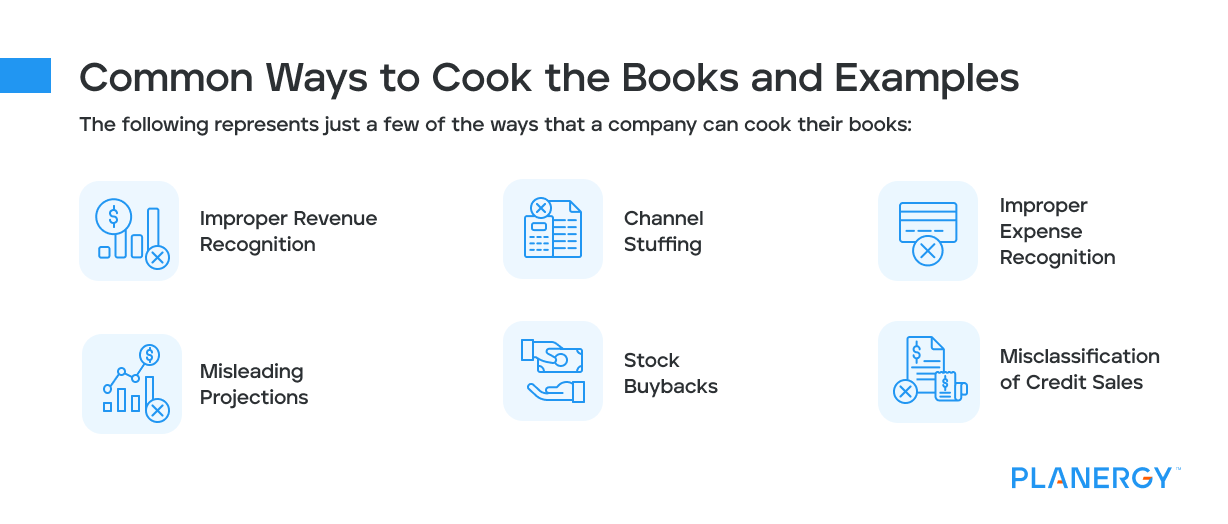Regulations and the Ethical Dilemma of Cooking the Books
Cooking the books is neither legal nor ethical.
To better address fraudulent financial activity, Congress passed the Sarbanes-Oxley Act of 2002 (SOX), which requires that senior officers certify their company’s financial statements while complying with other regulations included in the act.
The Sarbanes-Oxley Act also created the Public Company Accounting Oversight Board or PCAOB, which is tasked with overseeing the accounting industry and its relationship with publicly held companies.
As a result of the PCAOB regulations, auditors of public companies are now required to register with the Board. In addition, CPA firms that audit public companies are prohibited from conducting business with the company(s) that they are auditing.
The Securities and Exchange Commission administers and enforces SOX and has an enforcement section that may prosecute corporate fraud cases in civil court.
Various state laws may also come into play when a corporate officer or other employee is accused of cooking the books.
Though privately held companies are not held to the standards of the Sarbanes-Oxley Act, they still have an ethical obligation to present company financial statements accurately.
While some may view cooking the books or white-collar crime as a victimless crime, those engaging in these acts are violating ethical principles and may face consequences ranging from termination to criminal charges.
The bottom line is that corporate fraud like cooking the books is a crime.
Any financial officer who approves fraudulent financial statements will likely face criminal charges which include costly monetary penalties and even prison time.
As we’ve seen in the past with businesses such as Enron, it’s difficult for a company to recover from cases of fraud with many closings.
It isn’t just criminal charges that can destroy a business.
A lack of ethics can directly contribute to the demise of a business. Individuals investing in your company, customers purchasing your products, vendors selling you products on credit, or financial institutions lending your business money all do so with a certain level of trust.
When it’s revealed that CEOs, CFOs, or others have taken it upon themselves to share falsified financial data to present their business in a better light, they are destroying that trust.
Sales fall, investors leave, and loan money dries up, ultimately leading to a drop in stock prices and declining company valuation.
Once this happens, it’s near impossible for businesses damaged by corporate fraud to recover.






